Greens tell Muslim Vote to ‘leave Wills, Senate alone’
Panicked Greens senators and MPs fear that the Muslim Vote movement could cost them prized target seat Wills and upper house votes.
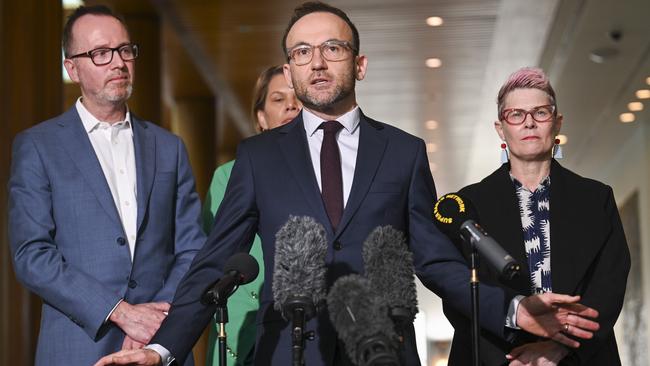
Panicked Greens senators and MPs fear the burgeoning The Muslim Vote movement could cost them the prized target seat of Wills and upper house votes, pleading with the campaign to leave it and the Senate race alone.
A potential split in the pro-Palestine vote came as Muslim leaders said the Greens’ policy slate would be a “deal-breaker” for the community, regardless of its pro-Palestine stance.
The revelations are part of an investigation by The Australian into the Greens’ policies and electoral strategy as it seeks to win the balance of power in the upcoming Queensland and federal elections.
Amid the five days that saw senator Fatima Payman resign and the emergence of The Muslim Vote, the Greens realised the wedge they drove into the ALP may have been two-edged.
Multiple figures in the progressive party picked up the phone to “preference whisperer” and political strategist Glenn Druery, who had reportedly been advising Senator Payman and, separately and informally, The Muslim Vote campaign.
Mr Druery didn’t respond to questions from The Australian, but insiders said Greens figures, including NSW senator David Shoebridge, quickly contacted the strategist concerned with how an organised Muslim campaign could affect them, particularly in Wills and the Senate.
Sources said some pleaded to Mr Druery that he tell The Muslim Vote to focus solely on the lower house, leaving the Senate alone so as to not take potential votes and spots from the party.
The party had been “caught out” by the The Muslim Vote’s sudden mobilisation and was concerned whether its desire to oust Labor extended to the Senate, and how or if Senator Payman would lead a form of upper house ticket.
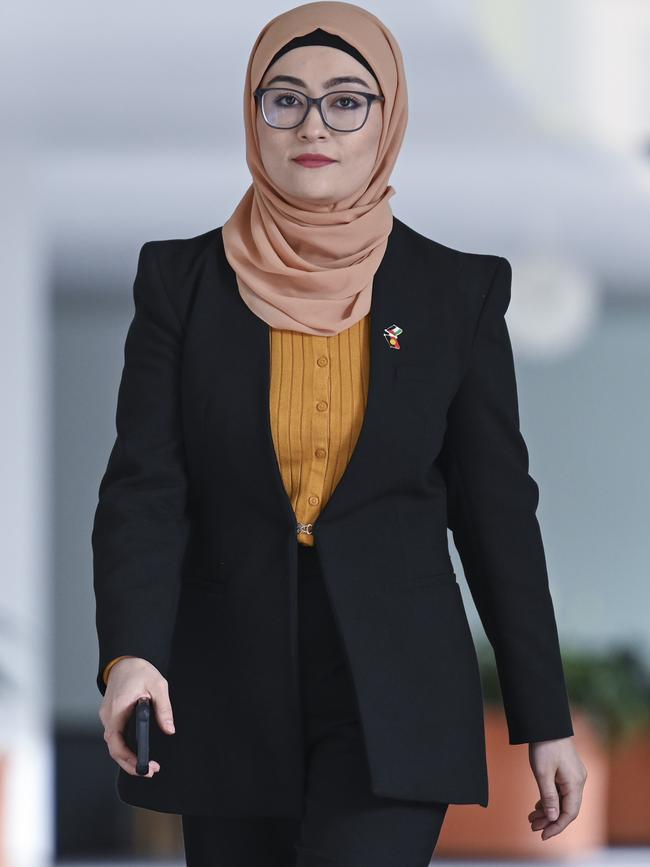
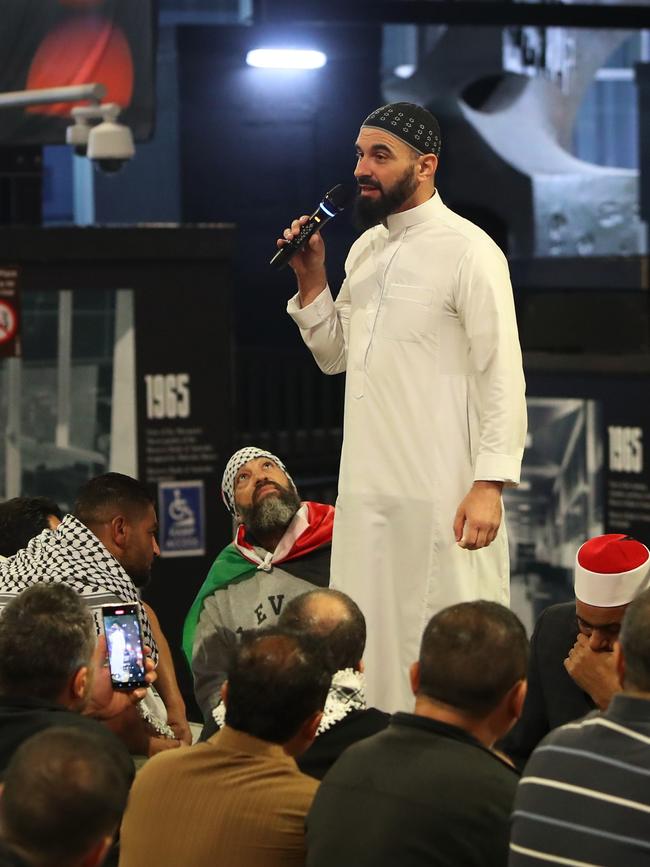
“They’ve tried to wedge Labor on Palestine but they’ve also wedged themselves,” one source said.
Senator Payman ruled out formally working with The Muslim Vote but hinted to “watch this space”.
The Greens’ wedge had succeeded in splintering off the senator, but accelerated an organic movement that outflanked it on Palestine and was more palatable to Muslim voters than a party whose Venn diagram with the community only overlapped on Gaza. “(Those campaigns) could have come out and just said ‘vote Greens’, they didn’t, they’re incompatible,” a source said.
“They fanned the flames and it sort of backfired.”
The day Senator Payman was suspended from caucus, The Muslim Vote opened applications for candidates it would endorse to target Labor-held seats, ruling out backing Greens candidates.
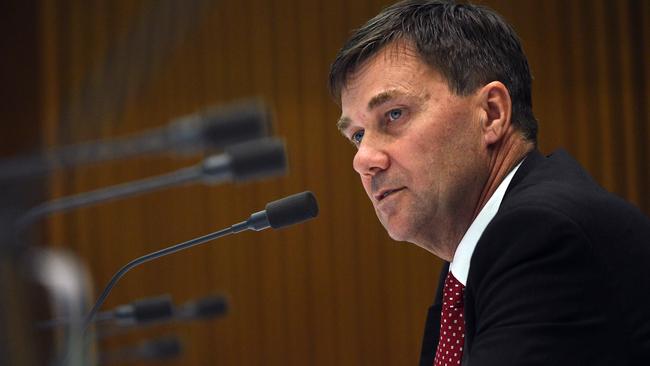
In NSW, Jason Clare’s Blaxland and Tony Burke’s Watson are targets, and the movement could jettison the Greens’ campaign in Wills, where former Victorian leader Samantha Ratnam is running.
People with knowledge of the situation feared a prominent candidate from the Muslim community would split the vote on first preferences.
RedBridge Group director Kos Samaras said although its emergence would hurt Labor, it would also affect the Greens.
“It will take away from the Greens’ (primary vote) in seats where they’d hope to rely on that community to vote for it,” he said.
“(In Wills) it would take away voters that the Greens would be hoping to attract, plopping primary votes on to that (possible The Muslim Vote) candidate.
“The preference bleed alone would be problematic … primary votes are always better than preferences.”
Internally, The Muslim Vote’s leaders have told activists and backers that they or parts of the community could not vote for, never mind endorse, a Greens candidate, given their policies.
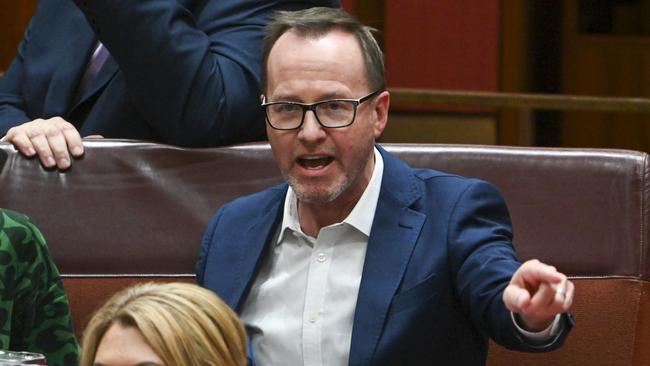
The party’s positions on same-sex issues, religious schools and drug reform were a “deal killer” with campaign figures, regardless of the shared Palestine stance.
Its sister campaign predominantly endorsed pro-Palestine independent or Workers Party candidates at the British election, but backed Greens in electorates without either of those.
Four pro-Palestine independents were elected but the British group lambasted the Greens for not standing down in seats where its campaign was in ascendancy.
Lebanese Muslim Association general secretary Gamel Kheir is not associated with The Muslim Vote but is supportive of its aim, saying the community had a right to “democratically express itself”.
Although Senator Shoebridge said the party was “excited” by the depth of support in southwest Sydney and across the country, Mr Kheir said no major party – including the Greens – provided a political home for most of the community.
He said while the Greens’ Palestine stance was popular, its other policies would be a “deal-breaker” for many Muslim voters. “An issue with the Greens is more its anti-religion stance, and it’s not uniquely an Islamic thing; any religious group that holds firm to what’s sacrosanct (will have issues with the party),” he said.
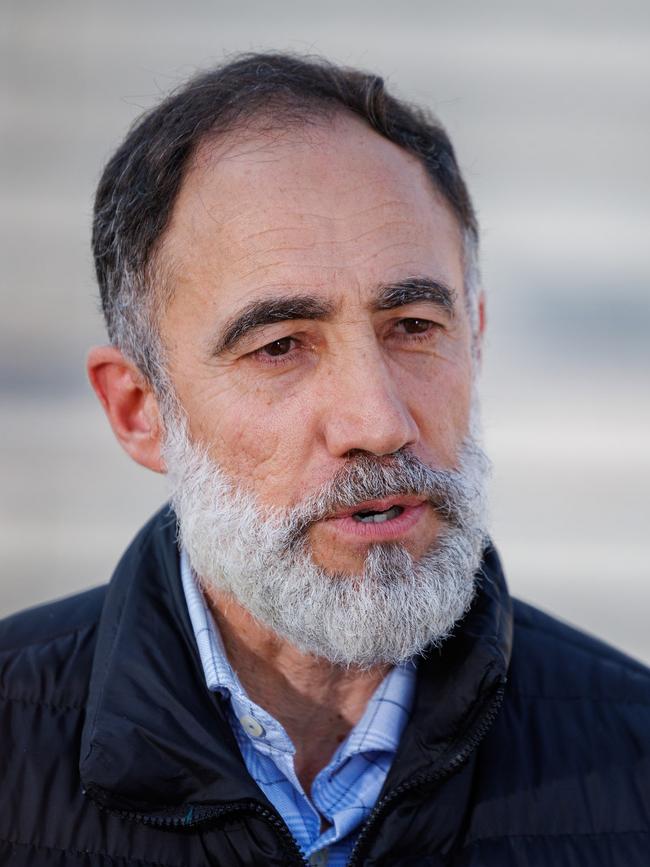

Mr Kheir said the community was frustrated it didn’t feel it had electoral representation or “that their voice is being heard”, and The Muslim Vote’s appeal went beyond its pro-Palestine platform.
“(A lot of Muslims) won’t compromise on (Islam’s) core beliefs, and are unlikely to compromise to support a party, and that would be a yardstick and true for most churchgoers of faith,” he said.
Dr Jamal Rifi said a religion-specific movement was not conducive to modern Australia, criticising how The Muslim Vote had capitalised on “emotion and frustration”, which had been fanned by the Greens.







To join the conversation, please log in. Don't have an account? Register
Join the conversation, you are commenting as Logout